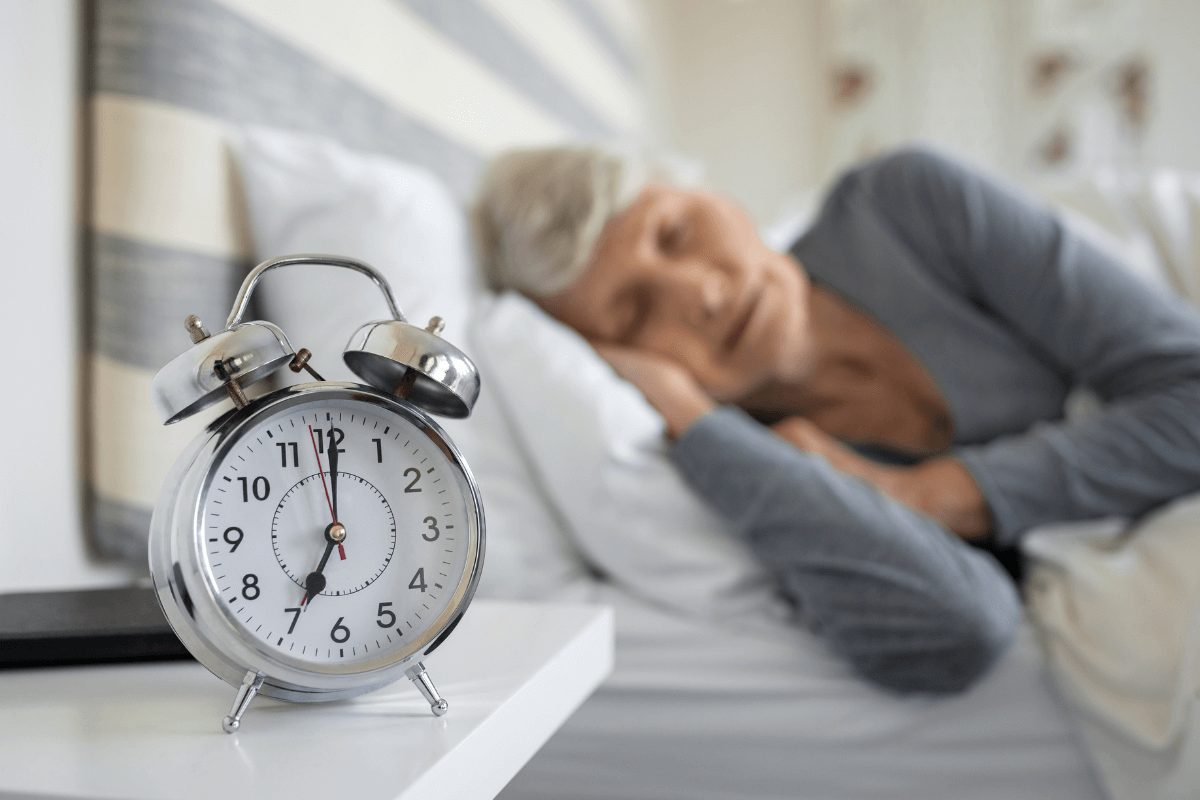How to Help People with Dementia Cope with the Clocks Changing
23 October | By Irene Amarante

The changing of clocks can be especially difficult for people with dementia. It can disrupt their daily routine, body clock, and sleep patterns, leading to more confusion, anxiety, and cognitive decline. To help them cope, it’s important to plan, use practical approaches, and ensure strong support from care workers and family members.
Prepare ahead for the change on Sunday, 27 October.
Here are some tips from Alzheimer’s Society on how to help those with dementia adjust more easily to the clock change.
Prepare on Saturday Evening
To begin with, consider having dinner and going to bed an hour later on Saturday. This way, the person with dementia will still get their usual amount of sleep and wake up at their normal time on Sunday. As a result, this small change will affect only one evening, reducing the disruption to their routine.
Maintain a Consistent Routine
Consistency is vital for helping someone with dementia adjust. A structured routine, especially for wake-up times, meals, and bedtime, can regulate their body clock. Activities like a morning walk or eating at the same times daily can help them stay oriented, which is especially important when the clocks shift.
Encourage Outdoor Time
Natural light helps maintain the body’s internal clock. Encourage outdoor time in the morning. However, if going outside isn’t possible, ensure the home is brightly lit in the morning with lamps or lightboxes. Bright light signals daytime, making it easier to adapt to a new routine.
Use Auto-Setting or ‘Day and Night’ Clocks
Consider clocks or watches that automatically adjust for daylight saving. This avoids manual resetting, which can confuse those with dementia. ‘Day and Night’ clocks, with simple symbols showing morning or night, can also help them better understand the time, easing the transition.
Learn more about our compassionate dementia home care services and how we can support your loved one in maintaining a familiar routine through every change. Contact us today to arrange a free consultation with our expert care team.

















